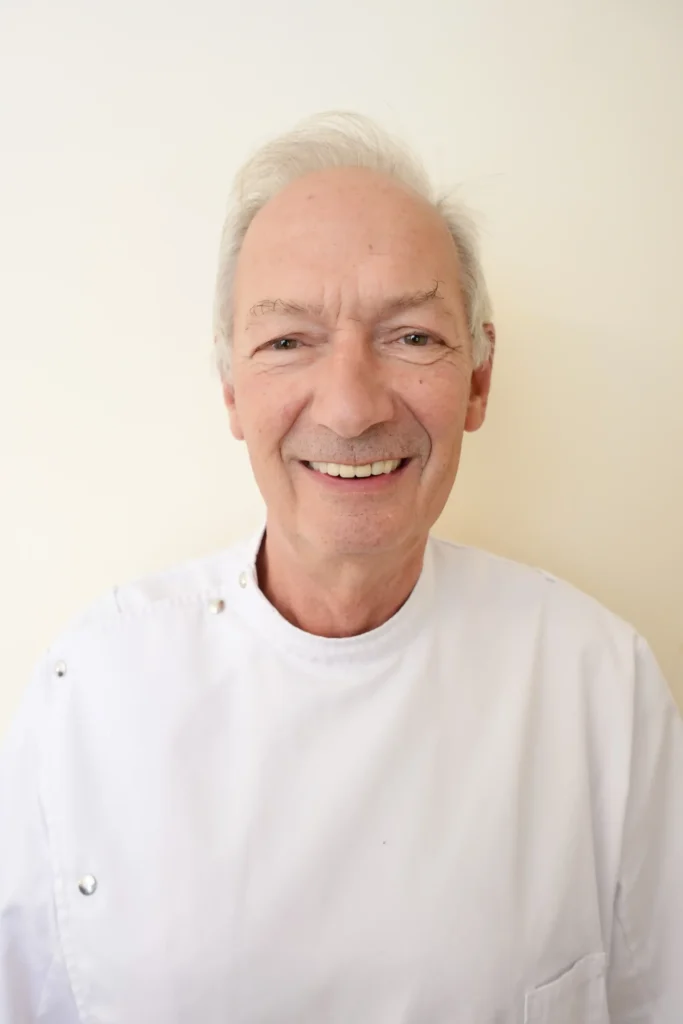Herbal medicine is the original form of medicine and is practised all over the world. Thousands of years of accumulated knowledge about the uses of herbs have been documented, and updated by modern research – this confirms their value in the healing process.
Modern scientific research now provides evidence for what herbalists have been doing for hundreds of years, e.g. the importance of the digestive system and microbiome, or the lymphatic system.
Herbal medicine’s patient-centred approach allows herbalists to excel in treating effectively conditions that conventional medicine often struggles with, e.g. women’s health issues, adrenal fatigue, digestive issues or autoimmune conditions.
The natural whole plants used in the preparation of herbal remedies have many active ingredients that interact and work together to achieve the total medicinal effect. A herbalist aims to identify and target the underlying causes of illness, not just to suppress symptoms, as is the usual purpose of conventional drugs. Many herbs work to stimulate the body’s own healing power and to restore balance.
Herbal medicines have an excellent safety record, they avoid the unpleasant and often severe side effects of orthodox drugs.
The benefit of herbal medicines is that the whole plant is often more effective or has fewer side-effects than the pharmaceutical derivative. For example, meadowsweet, from which aspirin is derived, does not irritate the stomach. Another example is Artemisia annua, which is used against malaria and is still effective, unlike the isolated constituent artemisinin, against which the Plasmodium parasite is now resistant.
They should be prescribed by a fully trained practitioner and suited to the individual patient.
Modern scientific research now provides evidence for what herbalists have been doing for hundreds of years, e.g. the importance of the digestive system and microbiome, or the lymphatic system.
Herbal medicine’s patient-centred approach allows herbalists to excel in treating effectively conditions that conventional medicine often struggles with, e.g. women’s health issues, adrenal fatigue, digestive issues or autoimmune conditions.
The natural whole plants used in the preparation of herbal remedies have many active ingredients that interact and work together to achieve the total medicinal effect. A herbalist aims to identify and target the underlying causes of illness, not just to suppress symptoms, as is the usual purpose of conventional drugs. Many herbs work to stimulate the body’s own healing power and to restore balance.
Here is an excerpt from the World Health Organisation’s website that highlights the importance of herbal medicine:
“Around 40% of pharmaceutical products today have a natural product basis, and landmark drugs derive from traditional medicine. Traditional medicine and traditional knowledge have contributed to breakthrough medical discoveries and there is a long history of herbal medicine being translated into effective treatments for health conditions.
The discovery of aspirin drew on traditional medicine formulations using the bark of the willow tree; the contraceptive pill was developed from the roots of wild yam plants; and child cancer treatments have been based on the rosy periwinkle. Nobel-prize winning research on artemisinin for malaria control started with a review of ancient Chinese medicine texts. The discovery of the smallpox vaccine, which has led to the eradication of the disease, was inspired by ancient inoculation practices by communities around the world. “
Herbal Medicine can treat a huge range of conditions and ailments.
You do not have to be ill to benefit from herbal treatment. You may just feel a little weak or tired and low. Herbs have been found to work to restore the body’s natural harmony to help you back to feeling really well.
Herbalists are often successful in treating more complex complaints for which conventional medicine does not have an answer. So if you have an issue that conventional medicine has failed to address, maybe a herbalist can help.
Herbal Medicine is especially beneficial in the following conditions:
As your Herbalist may ask you to undress to your underwear, please ensure you are wearing something that you are comfortable with.
For females, we recommend sports shorts and a sports bra. If you are not comfortable undressing, just let your Osteopath know and he or she will work around this.
Before your first consultation, there will be a GDPR and Consent Form emailed to you. Please fill this in before the consultation.
Please bring with you your list of prescriptions because your herbalist will need to take any current medication into consideration. You may need to continue your current treatment alongside the herbal remedy. It is imperative that you do not stop your treatment with a medical doctor without further advice.
Herbalists are more interested in what person has a disease, than what disease a person has. Consequently, the relevance of some of the questions a medical herbalist will ask during the appointment may not immediately be obvious.
Your herbalist will properly examine you and find out exactly which herbs are indicated. He or she may also use Applied Kinesiology to do so.
You will be prescribed a medicine to take home, which will be prepared for you after the appointment.

Osteopath, Medical Herbalist & Applied Kinesiologist

Aston Clinic London is a third-generation complementary health clinic based in New Malden and serves the local areas of Kingston, Wimbledon, Raynes Park, Surbiton, Thames Ditton, Hampton Court, Chessington, Worcester Park, Sutton, Morden, Richmond, Putney, Teddington, Twickenham and other areas of southwest London and Surrey.